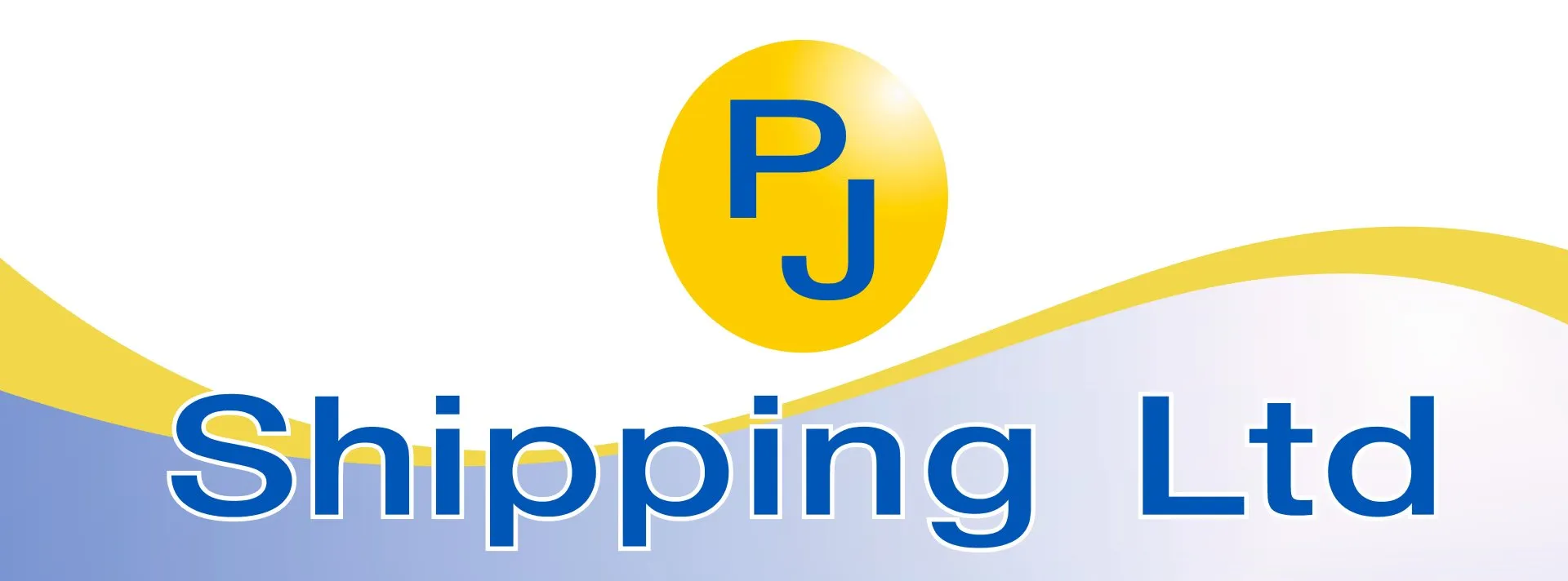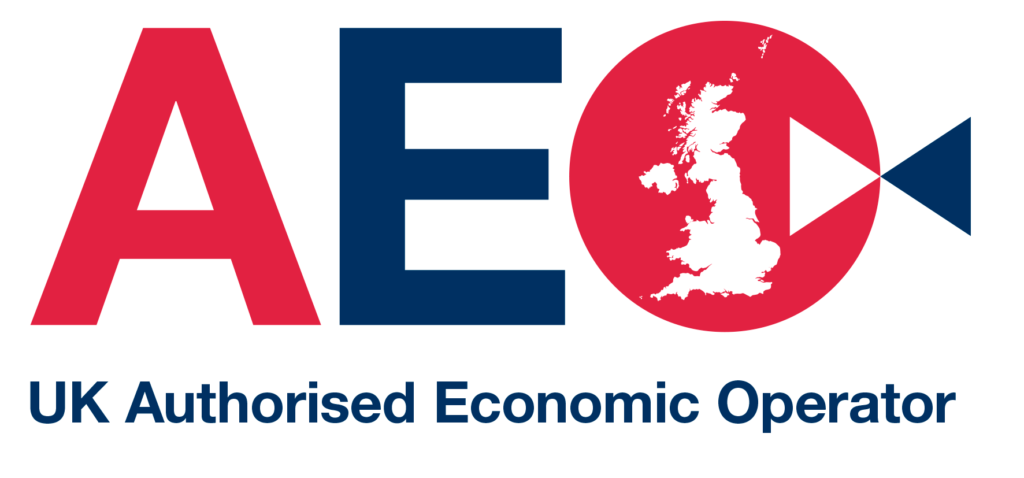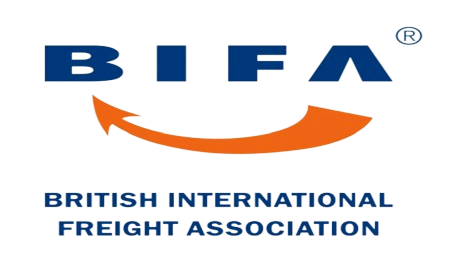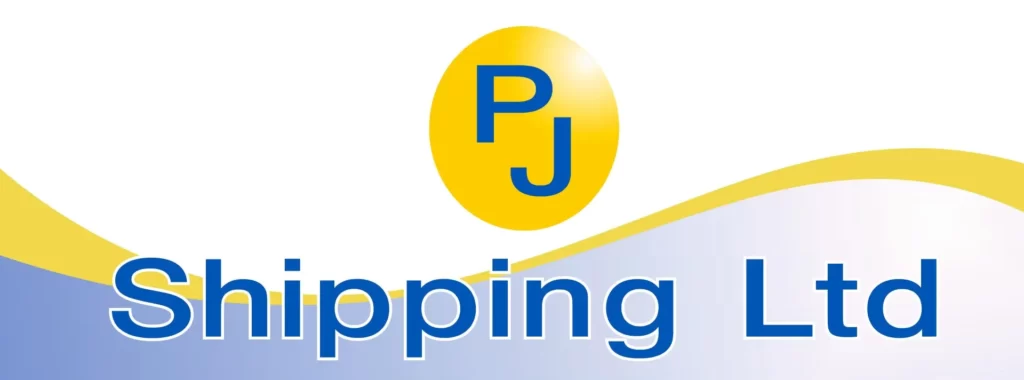Customs Clearance refers to the process of completing the necessary procedures and documentation required by Customs authorities to allow goods to enter or leave a country. It is a crucial step in international trade, ensuring that consignments comply with local laws and regulations.
In this blog we’ll look at the key aspects of customs clearance.
Documentation
The importer or exporter must provide various documents such as the commercial invoice, packing list and any other documents required by the customs authorities.
Declaration of Goods
The importer or exporter needs to declare the details of the goods being shipped. This includes information such as the quantity, description, value, and weight of the goods.
Customs Duties and Taxes
Customs authorities assess duties and taxes on imported goods. The importer is responsible for paying these fees. The amount may vary based on the nature of the goods, their value, and the trade agreements between countries.
Inspections
Customs may inspect shipments to ensure that the declared information matches the actual contents of the shipment. This is done to prevent illegal or prohibited items from entering or leaving a country.
Quarantine and Regulatory Compliance
Some goods may be subject to additional inspections or quarantine measures to ensure they comply with health and safety standards. Compliance with specific regulations may be necessary for certain types of goods.
Customs Brokerage
Importers and exporters often use the services of customs brokers who are specialists in customs procedures. These professionals help navigate the complex customs clearance process and ensure that all requirements are met.
Electronic Customs Clearance
Many countries have moved towards electronic customs clearance systems, making the process more efficient. Electronic submission of documentation and information helps expedite the clearance process.
Customs Tariffs and Trade Agreements
Customs clearance also involves understanding and applying relevant customs tariffs and trade agreements. Countries may have different tariff rates for various types of goods, and trade agreements can influence these rates.
Effective customs clearance is essential for smooth international trade, as delays or errors in the process can result in additional costs and disruptions to supply chains. Importers and exporters need to be aware of and comply with the customs regulations of the countries involved in the trade transaction.
To discuss your Customs Clearance need, please email clearance@pjshipping.com or contact us.



